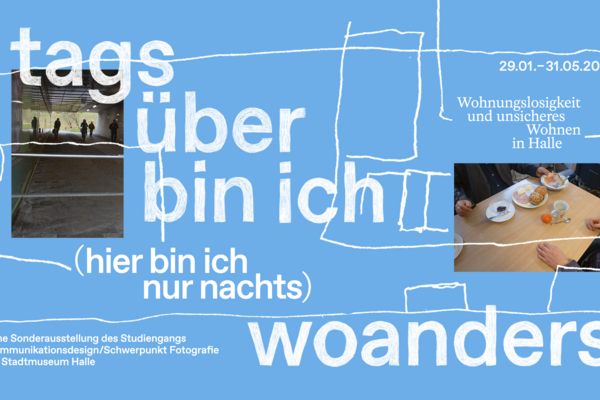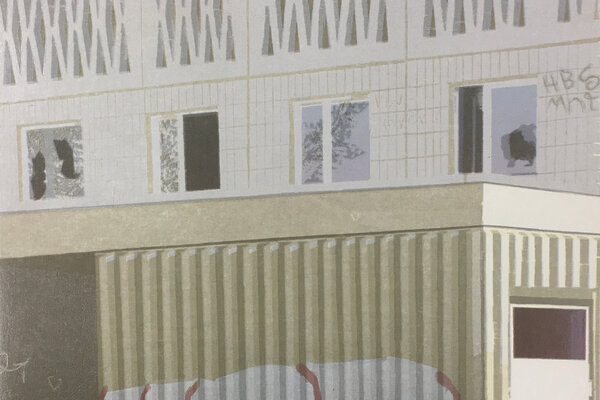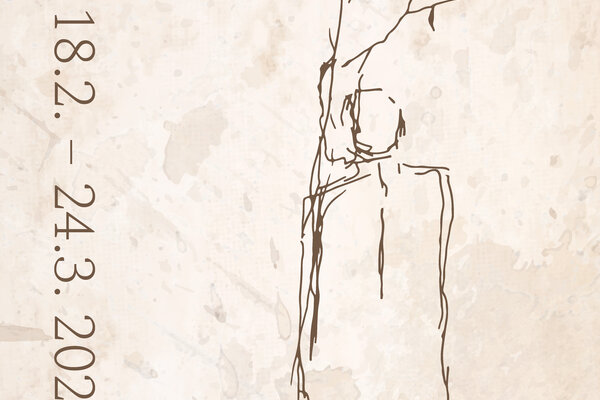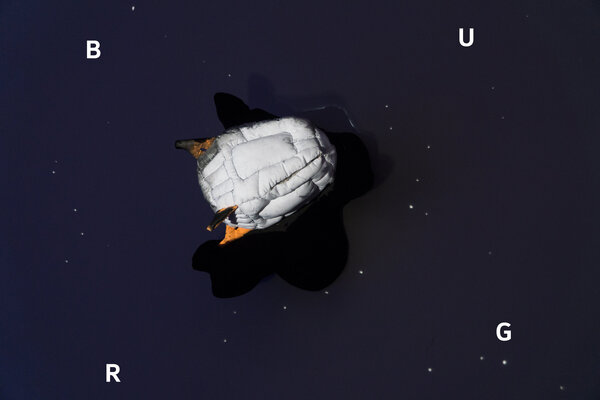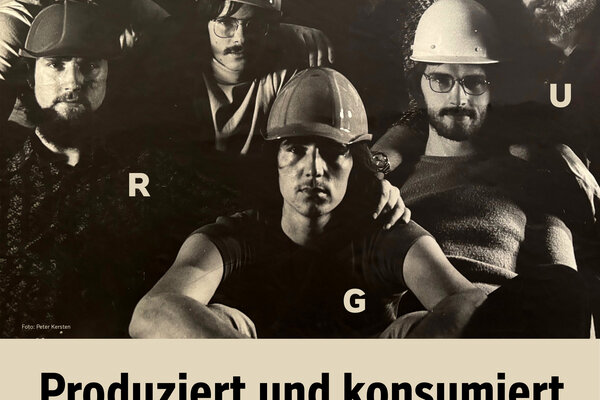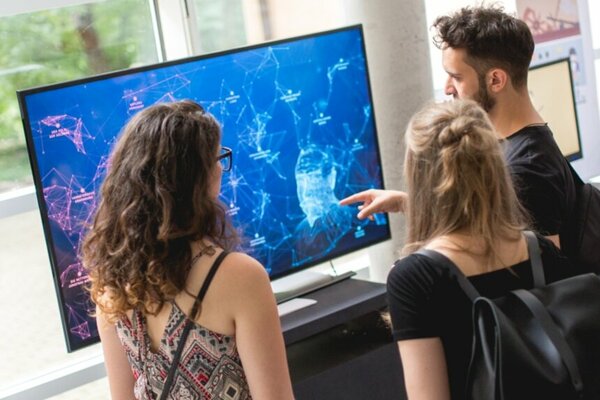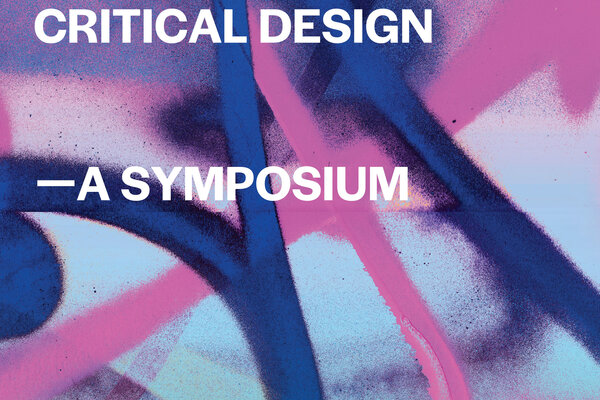Whereas in the past science, politics, industry (design) and communities sought to provide ‘solutions’ in relative isolation, today the most pressing environmental and societal challenges are proving to be too complex for this conventional approach. These complex challenges, such as habitat depletion, climate justice, over-consumption, societal unrest, and health inequalities, require different combinations of actors to work together effectively in collaboration.
This raises new questions for design practice: what can designers do within these new partnerships? How might transdisciplinary approaches change the nature of design practice? How is the value of design practice understood by other actors with whom we might partner? How do we draw on design’s innate translational capacity through different forms (materials, prototypes, graphics, experiences, ideas) to achieve effective collaborations that address complex problems? What are the ethical considerations for design?
Within this course we will use value-driven methods from the subdisciplines of co-design, service design and systemic design to explore new roles and understandings of design practice. The aim will be to design a value-oriented dialogue between multiple partners, who each have a different perspective and set of priorities, but who come together with a common purpose. The project will involve co-exploring the theoretical dimension of collaboration and boundary-spanning, researching different perspectives using qualitative methods, and co-developing scenarios and personas using equitable co-design practices. Through this course students will begin their journey towards developing their transdisciplinary and systems literacy that they can take forward in future collaborations.

